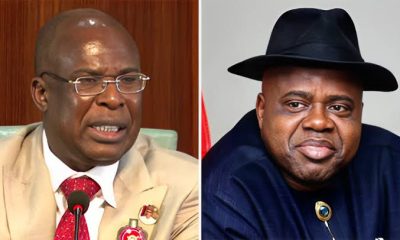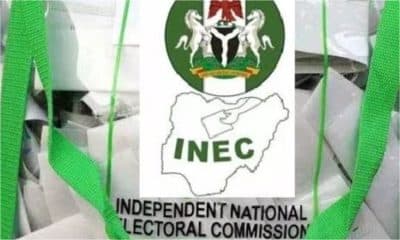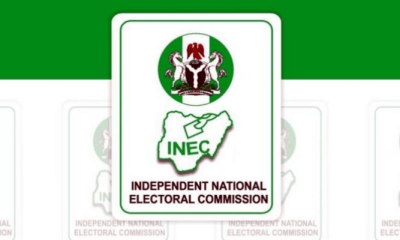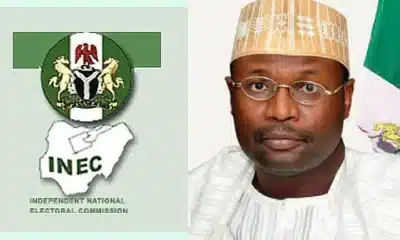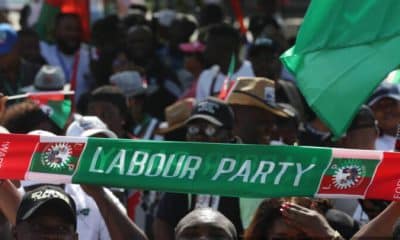Nigeria News
2023: Court To Decide On January 30 If Electorates Can Vote Without Their PVCs
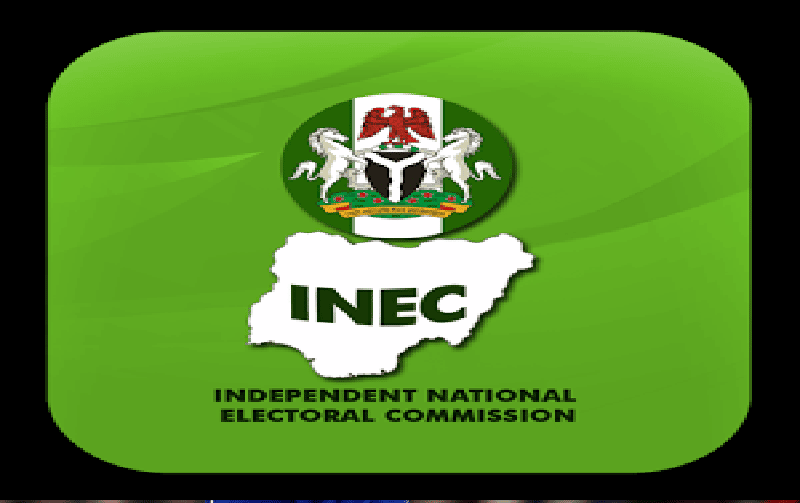
A Federal High Court in Abuja has fixed January 30 to decide if electorates without Permanent Voter Cards (PVCs) can vote at the forthcoming general election.
The presiding judge, Justice Binta Nyako in the last hearing of the suit filed against the Independent National Electoral Commission (INEC) by a civil society organization slated 30 January for judgement for the suit.
She agreed with the counsels of both the plaintiff and INEC that the issue was a critical one and that some people in her household cannot and have not collected their PVCs.
Naija News reported last week that the commission in the same suit gave its reasons why electorates can not be allowed to vote with temporary voter cards or the Voter Identification Number (VIN) during the 2023 general elections.
The commission said registered voters who fail to collect their Permanent Voters Cards (PVCs) before the deadline would not be allowed to vote on election day because the PVC is critical to its planned accreditation process.
The electoral umpire as learnt by Naija News told the Federal High Court sitting in Abuja on Monday that unlike in previous elections where eligible electorates who had issues with accreditation were allowed to vote after filling the Incident Form, electorates at the forthcoming polls and others would only be allowed to vote after their PVCs have been duly authenticated by the Bimodal Voter Accreditation System (BVAS).
This platform reports that INEC through its legal team led by Abdulaziz Sani (SAN) appealed to the court to dismiss a suit seeking to compel the commission to allow those with temporary voters card or proof of registration to vote.
The commission as gathered by this platform was responding to a suit marked: FHC/ABJ/CS/2348/2022, filled by a non-governmental organisation, under the aegis of the Incorporated Trustees of International Society for Civil Liberties & the Rule of Law, with two other plaintiffs- Emmanuel Chukwuka and Bruno Okeahialam.
The plaintiffs, who alleged INEC was plotting to disenfranchise over 20 million eligible voters in the country, told the court that they filed the suit for themselves and on behalf of registered voters about to be disenfranchised by the commission in the 2023 general elections.
The Plaintiffs, through their lawyer, Max Ozoaka, argued that considering all the attacks on INEC facilities and challenges currently trailing the collection of PVCs across the federation, many registered voters would be denied the right to exercise their franchise.
Ozoaka, therefore argued that since the INEC had already issued temporary voters card/registration slips, persons whose PVCs were affected in the said attacks, should in the event that their voters’ cards were not reprinted and collected before the deadline, be allowed to participate in the election.
But counsel to INEC argued that the case of the plaintiff is based on speculation, adding that the Commission had extended the deadline for collecting PVCs.
He also wondered why the application was filed when the PVC collection has not ended.
The presiding judge subsequently fixed January 30 for judgement.

